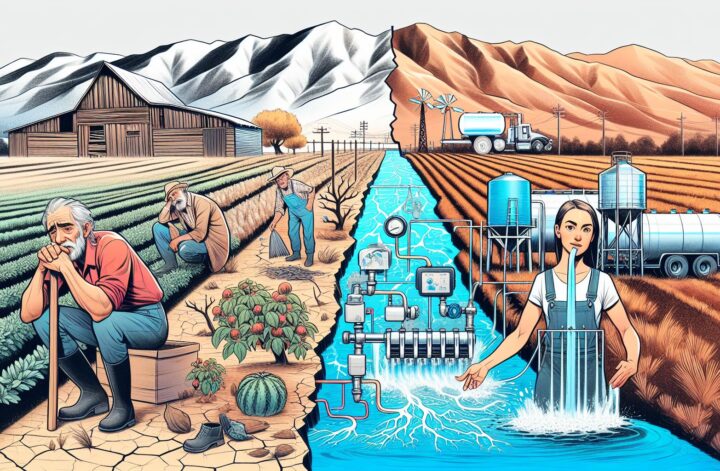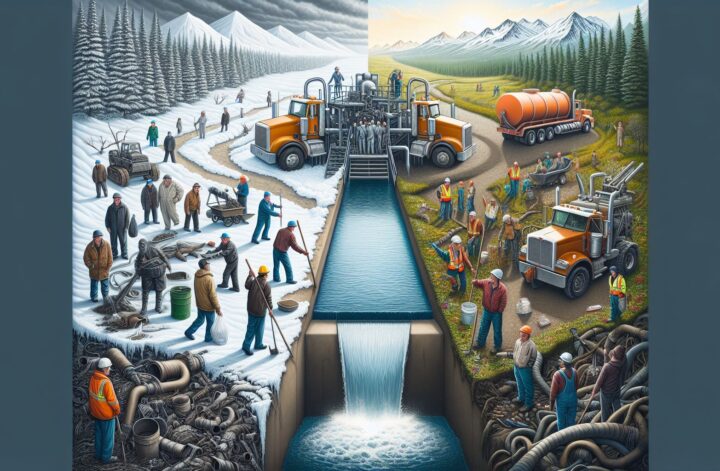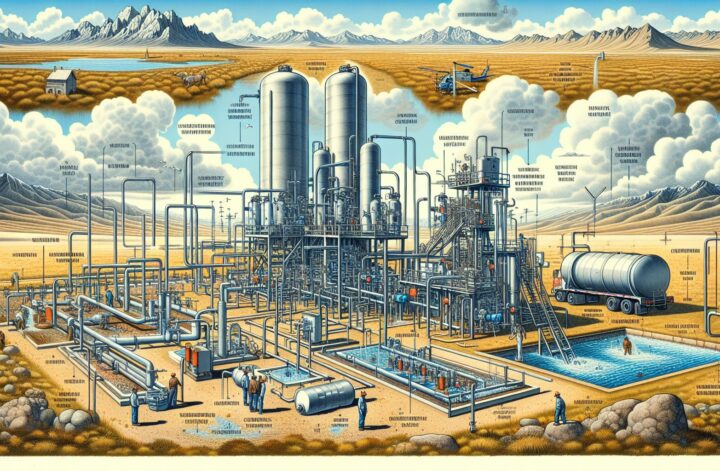Idaho’s rural areas, like much of rural America, face significant challenges when it comes to water and wastewater management. However, with several initiatives and a committed approach, the state is making headway in improving these systems.
One of the primary problems in Idaho’s rural regions is the aging infrastructure. Many water and wastewater systems haven’t seen significant upgrades for decades, leading to inefficiencies and potential public health risks (Environmental Protection Agency). This problem is hardest felt in more isolated communities where the financial burden of upgrades is often too significant to bear.
In response to this, Idaho has taken steps to secure funding necessary for these improvements. In 2019, under the State Revolving Fund (SRF) program, the Idaho Department of Environmental Quality (DEQ) received a grant of $18 million from the Environmental Protection Agency (EPA). This funding aims to assist small and disadvantaged communities in maintaining and improving their drinking water infrastructure (Idaho DEQ).
Education and training are also key parts of Idaho’s approach to dealing with water and wastewater issues. The Rural Community Assistance Corporation (RCAC) has been providing training and technical assistance for operators of water and wastewater systems in rural communities across the western United States, including Idaho. They ensure that operators understand the latest technologies and regulations, which can significantly improve the efficiency and longevity of their systems (RCAC).
Partnerships have proven effective in addressing Idaho’s water and wastewater challenges. The Collaboration and Partnership in Idaho (CAPI) project, sponsored by the EPA and facilitated by the RCAC, involves numerous local, state, and federal entities. This project aims to improve coordination between these groups and create a sustainable, long-term plan to manage water and wastewater services across rural Idaho.
While Idaho’s rural water and wastewater systems still face significant hurdles, they are not insurmountable. The approach to this issue will require continued commitment to infrastructure investment, education, community involvement, and cooperation at all levels of government. Its progress in securing funding and harnessing partnership to address these challenges makes it a model for other rural regions of America.
Sources:




